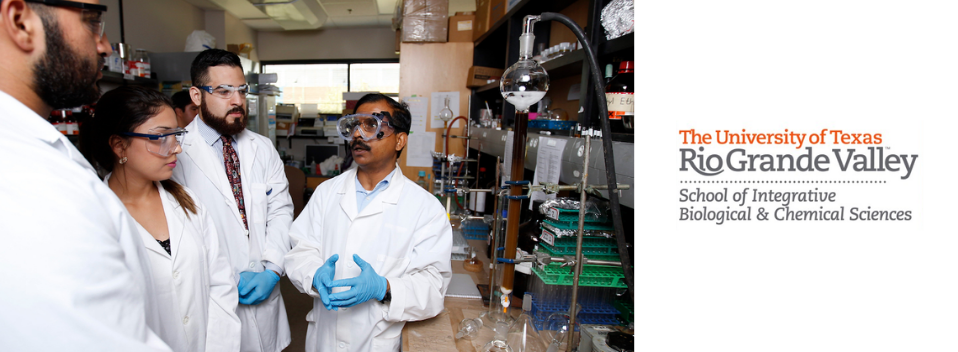
School of Integrative Biological & Chemical Sciences Faculty Publications
Document Type
Article
Publication Date
12-4-2023
Abstract
The Edwards and Edwards-Trinity Aquifers of Texas have diverse stygofauna, including fifteen species of snails found in phreatic and hyporheic habitats. These species have the hallmarks of adaptation to subterranean environments including extremely small body size and the loss of pigmentation and eyes. Here we use an integrative taxonomic approach, using shell, radula, and anatomical features as well as mitochondrial and nuclear DNA data, to circumscribe a new genus and two new cavesnail species from Central Texas. Vitropyrgus lillianae gen. et sp. nov. is described from Comal Springs (Comal County) and Fessenden Springs (Kerr County) and distinguished by a glassy, highly sculptured shell and distinctively simple, unornamented penial morphology. We also describe Phreatodrobia bulla sp. nov. from Hidden Springs (Bell County), and several other springs in Bell & Williamson Counties, Texas. This species has a smooth, unsculptured teleoconch, a reflected and flared lip, and deeply concave operculum.
Recommended Citation
Perez, Kathryn E., Yamileth Guerrero, Roel Castañeda, Peter H. Diaz, Randy Gibson, Benjamin Schwartz, and Benjamin T. Hutchins. " Two new phreatic snails (Mollusca, Caenogastropoda, Cochliopidae) from the Edwards and Edwards-Trinity aquifers, Texas." Subterranean Biology 47 (2023): 1-27. https://doi.org/10.3897/subtbiol.47.113186
Publication Title
Subterranean Biology
DOI
10.3897/subtbiol.47.113186


Comments
Copyright Kathryn E. Perez et al. This is an open access article distributed under the terms of the CC0 Public Domain Dedication.